I’m not the type of person to choose a “word for the year.” Doing so never interested me, as I pegged that type of thing for emotionally intelligent people who enjoy creating vision boards at the end of the year and writing “30 goals before age 30” lists. But I gave it a shot in 2019 and chose the word “openness.” I intended for it to be a reminder that I should open up to people more and be open to new experiences and changes—even ones I didn’t initiate for myself. I always struggle most with the changes I didn’t choose, but even the ones I do choose can be a challenge.
When one of those changes turned out to be dating someone for the first time in many years, I treated the first few dates like a social experiment. This would be something to talk about with the people in my life who never wanted to talk about anything besides their dating adventures and men in general. Despite it being my least favorite topic, it’d be something to write about. It’d be something new to do. Here I was, being open.
Things got serious and got weird. We’d break up and then try again. I was constantly caught in a strange place between love and logic, trying to understand how I could love someone I was clearly incompatible with.
As 2020 rolled around and news of the impending COVID-19 pandemic spread, we were broken up but still trying to make it work. I challenged myself to think of one aspect of the relationship that was working for me and came up empty. Still, I expected the relationship to get better in the same way I expected COVID to be an issue for about two weeks. Neither of those happened.
Before the pandemic is over (at the time of publishing this, it’s still not over), I’ll have been through a pandemic birthday (twice), a pandemic move, a pandemic job change, and a pandemic breakup. All of these were unique or bizarre experiences simply because they happened in 2020.
When there was finally a last straw—after much back and forth—and I decided I wanted out of the relationship, I considered points that I never would’ve had to in non-pandemic times. For one, how cruel it felt to make someone lonelier than they had to be at the beginning of a global pandemic that was already driving everyone apart.
Wasn’t I depressed enough? Why would I intentionally add pain to it and make us both more alone? It seemed absurd. But still not as absurd as allowing more back and forth, more of the same of what already wasn’t working.
Among the things that didn’t make sense during this time—such as why COVID happened and why we didn’t know more about immunity or transmission—was the fact that I could love someone while knowing I couldn’t be with them. It baffled me that both of those could be true at the same time.
Every few months, I’d have to grieve that relationship again. And finally, when I faced the possibility of being more alone than ever because COVID came, I was okay with that alone. I’d had enough of the other side. I was saying to my heart, “This is the last time I’m putting you through this with him. The very last time.” I couldn’t keep letting someone prop me up on hope, only to give me nothing to stand on. I didn’t want to be with someone who kept making me grieve the same ending over and over. But with the pandemic looming, the alternative (parting ways for good) felt even more daunting.
As I weighed my options toward the end, I remembered something I read in Tiny Beautiful Things by Cheryl Strayed during a time when this same relationship was “on a break.” It didn’t click in 2019, but it carried me in 2020.
You are not a terrible person for wanting to break up with someone you love. You don’t need a reason to leave. Wanting to leave is enough. Leaving doesn’t mean you’re incapable of real love or that you’ll never love anyone else again. It doesn’t mean you’re morally bankrupt or psychologically demented or a nymphomaniac. It means you wish to change the terms of one particular relationship. That’s all. Be brave enough to break your own heart.
One major lesson I’ve learned after years of writing for a living is this: good writers are honest. And it was time for me to be as honest with myself as I aim to be on every topic I broach in my work. I felt awful for even considering breaking us up during a global crisis that was already characterized by isolation, but I knew I had to be brave. I had to be brave enough to break my own heart.
It tends to take my heart an astronomically long time to let go of what’s bad for me but seemed good at one time. This has been the case with letting some friendships phase out and moving on from toxic situations that I was strangely loyal toward. I realized my heart was finally accepting the end as I was aggressively zesting a lemon and singing in the kitchen to “Goodbye” by Kristinia DeBarge one night. I’d channeled my self-inflicted broken heart and extra time into cooking. I started making recipes with artichokes and mushrooms and all the extra spice that was too spicy for him.
Cheryl Strayed’s “be brave enough to break your own heart” was her advice to her twenty-something self and to mine. Now, at age 30, I’m willing to look back on what I learned from the pandemic that consumed my 29th year and acknowledge that my twenty-something self did the right thing.
It took her a while, but she said “enough” and followed through. She decided “this isn’t what I want” and let it go. She acknowledged “I know better” and shook herself out of it. She thought “I can do better” and did. She made the hard choice not to lie to herself for love’s sake. She was broken but she was brave.
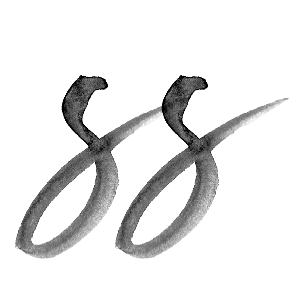
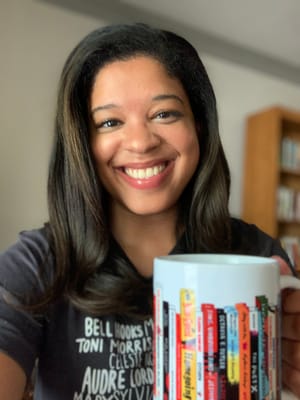
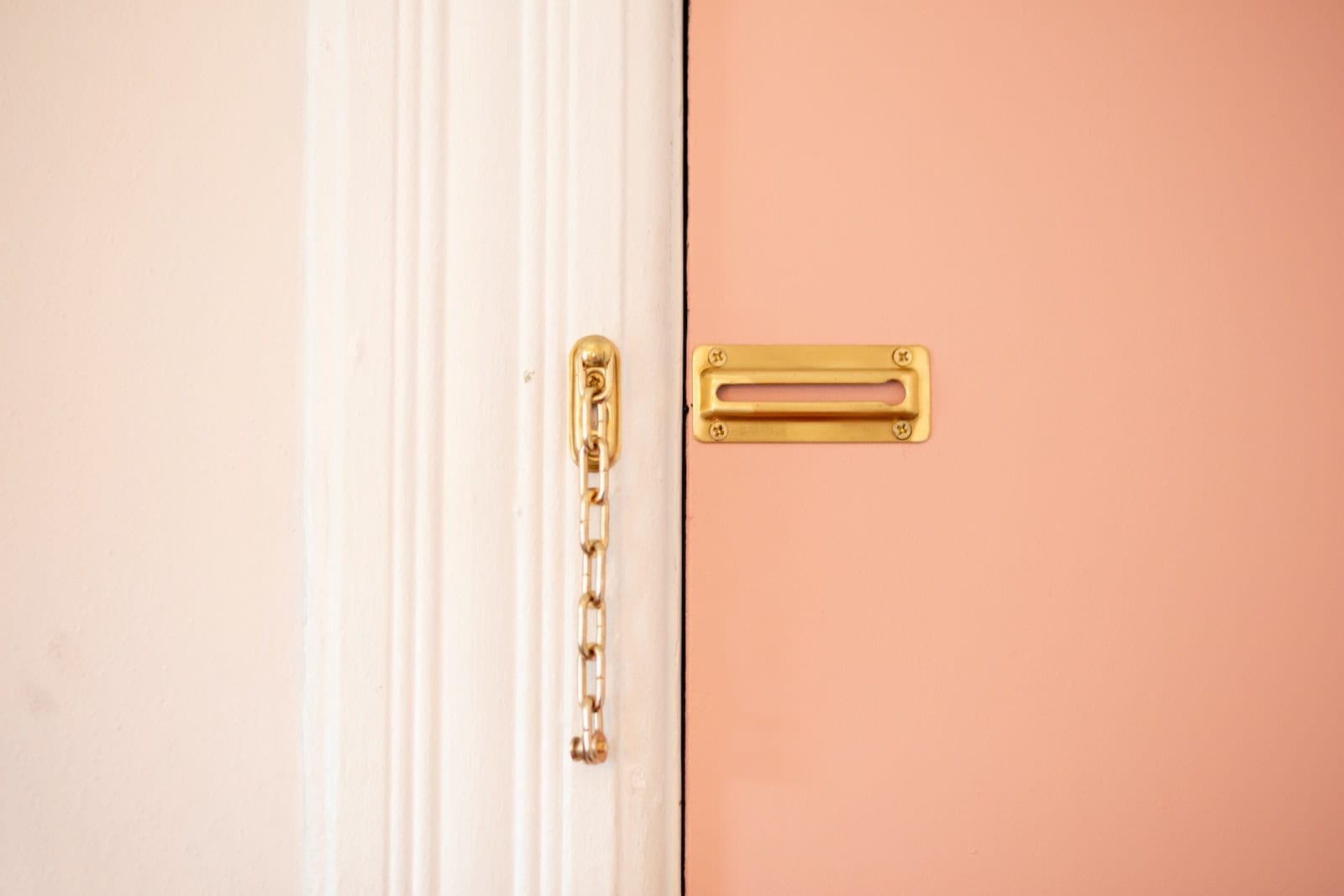
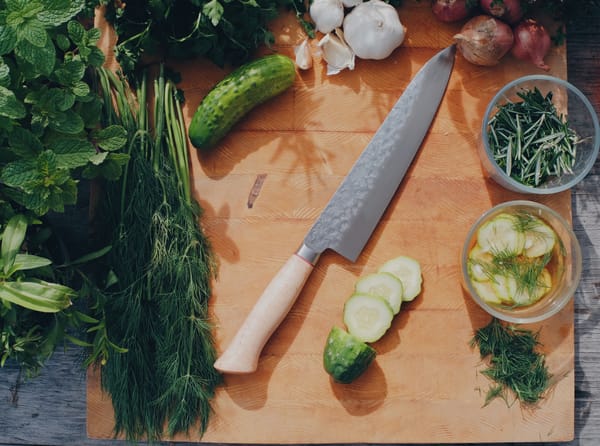

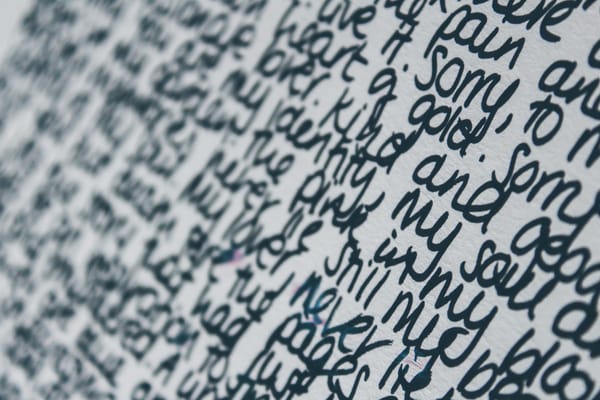


Member discussion